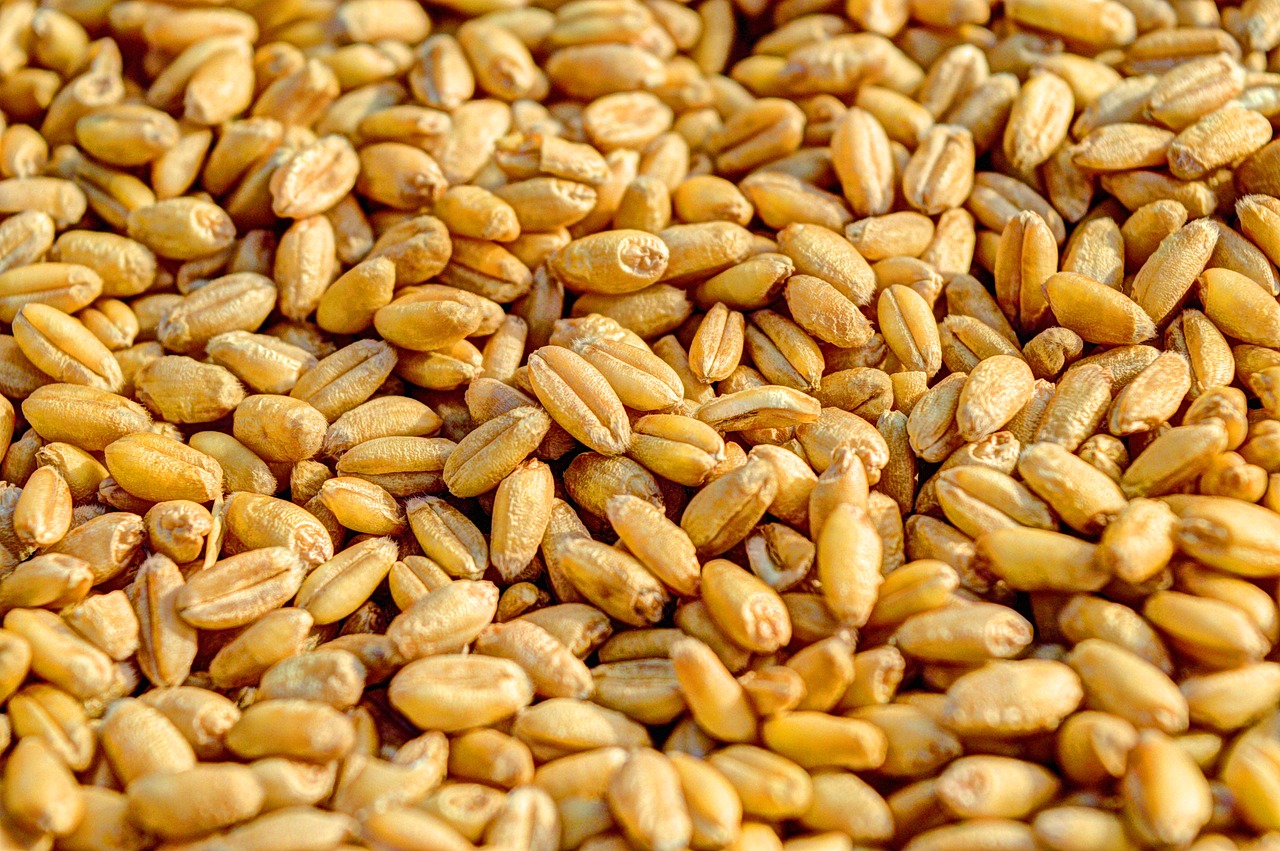
Slovakia is prepared to extend the ban on Ukrainian agricultural commodity imports if the European Commission fails to find a solution to the surplus of Ukrainian grain in Europe. Agriculture and Rural Development Minister Richard Takac stated this during a meeting of the Agriculture and Fisheries Council in Brussels. Takac discussed the issue with European Commission vice-president Maros Sefcovic, European Commissioner for Agriculture Janusz Wojciechovski, and his counterparts from the Visegrad Four countries, Austria, and neighbouring Ukraine.
The minister emphasised that the issue of importing Ukrainian grain into the EU was a significant concern for Slovakia, which supports the transport of Ukrainian grain through transit corridors to third countries.
The European Union (EU) open up to Ukrainian agricultural products after Russia’s full-scale invasion of the country in February 2022 in an effort to save the Ukrainian economy from collapsing. The EU is often criticized for maintaining a relatively closed market for agricultural goods. High standards and stringent regulations regarding food safety, environmental sustainability, and animal welfare create challenges for non-EU producers. Compliance with these regulations demands significant investments and adjustments in farming practices.
Moreover, the EU employs protective measures, including tariffs and non-tariff barriers, to safeguard its agricultural sector. This protectionism, part of the Common Agricultural Policy (CAP), supports EU farmers but complicates market entry for foreign agricultural products.
Trade restrictions, quotas, and a preference for local production further contribute to the perception of the EU as a closed market. The EU’s emphasis on promoting local agriculture, reflected in public procurement policies and marketing initiatives, makes it challenging for non-EU producers to compete on equal terms.
However, since Ukraine was given access, it also does not have to comply with the same stringent rules that farmers within the EU are used to.






